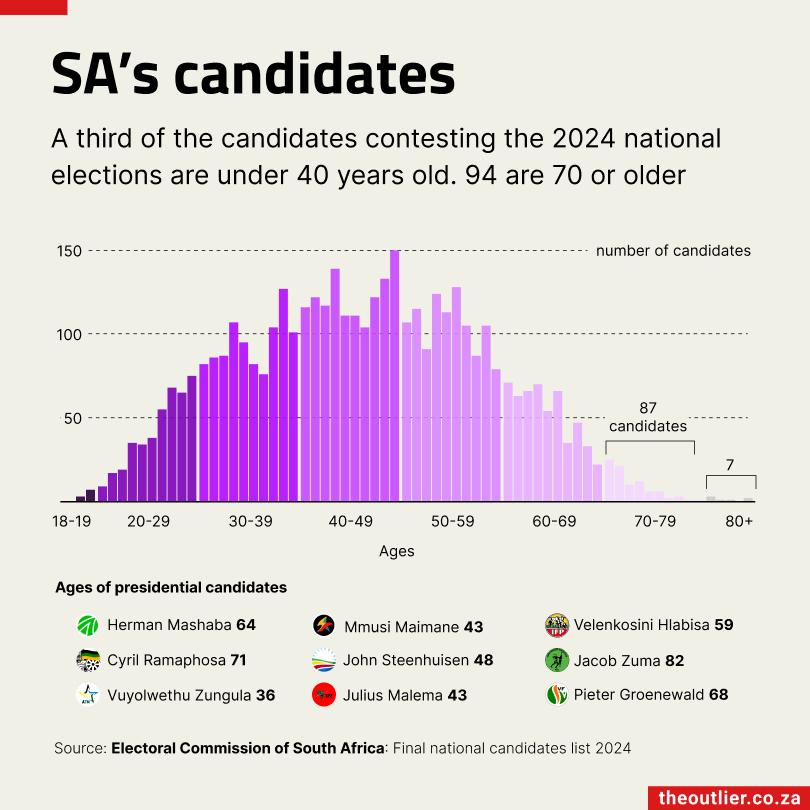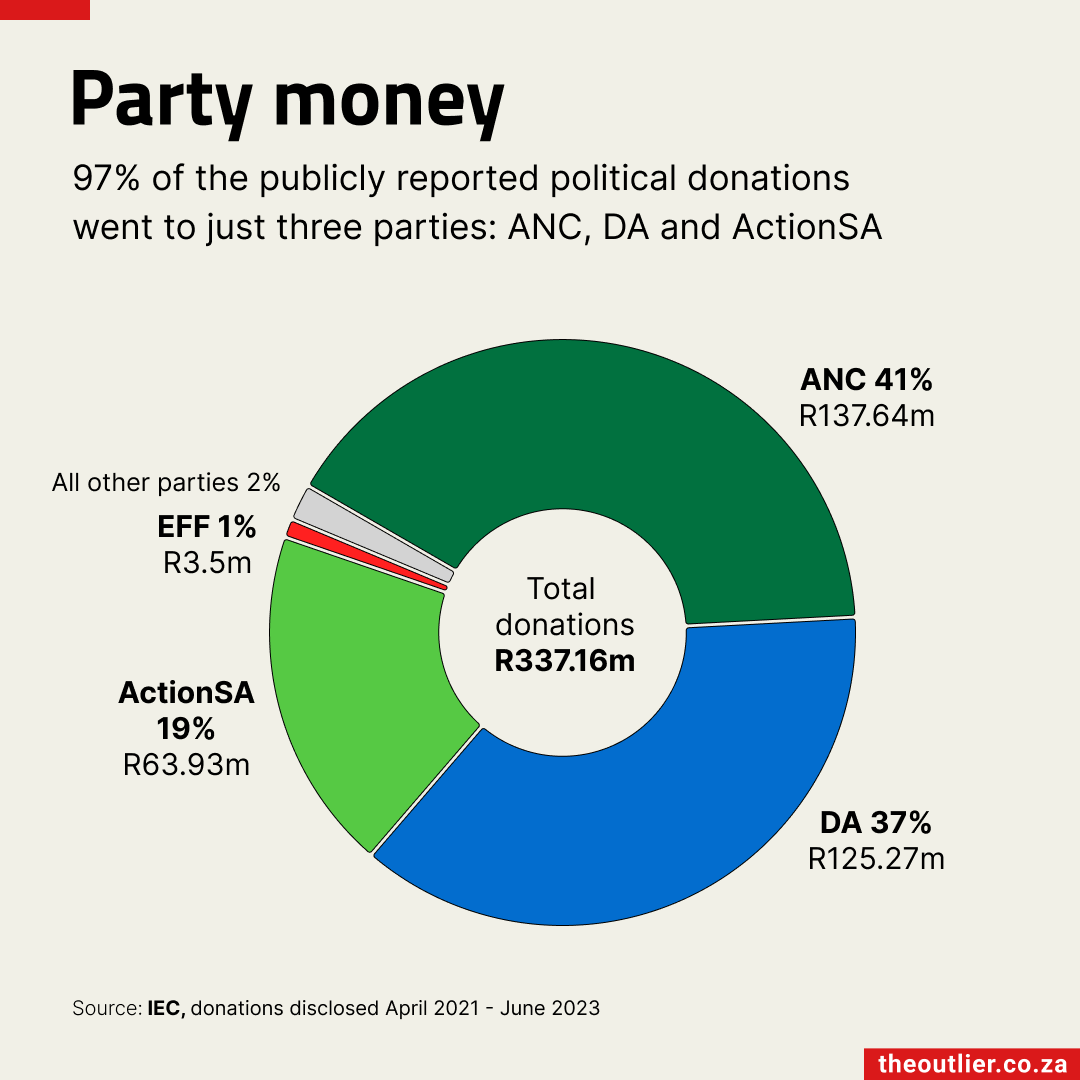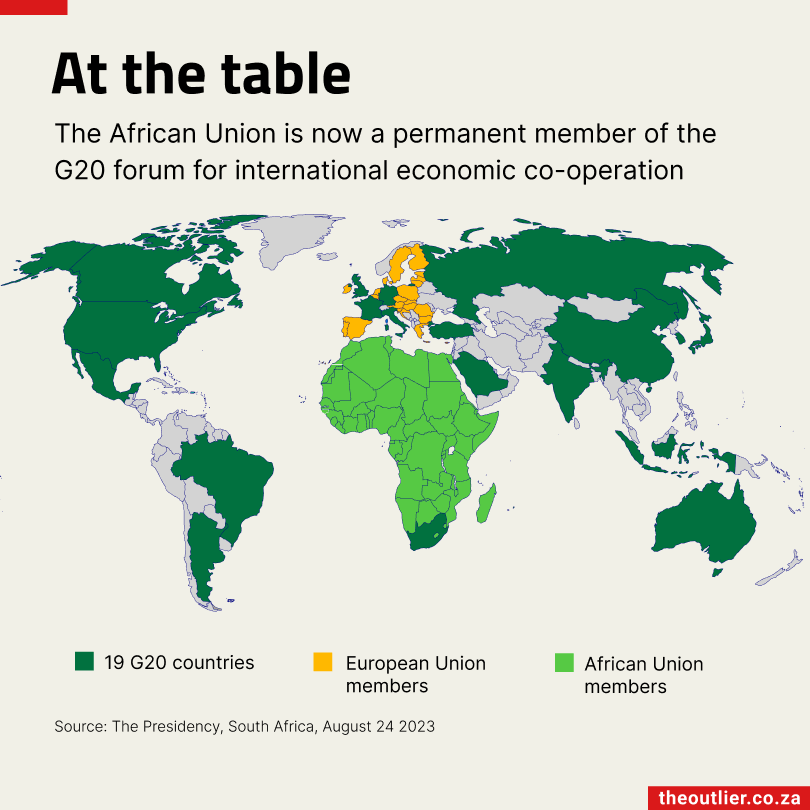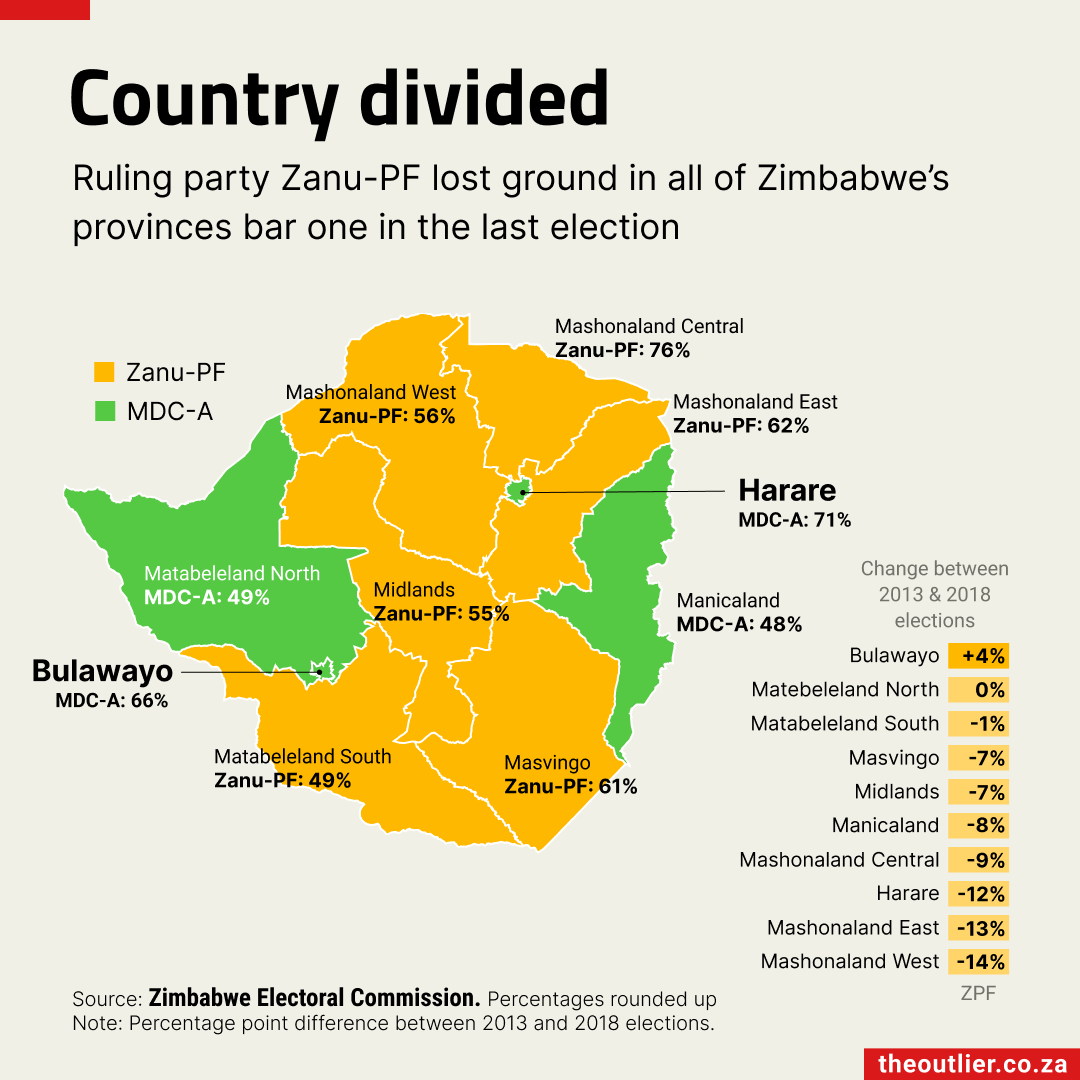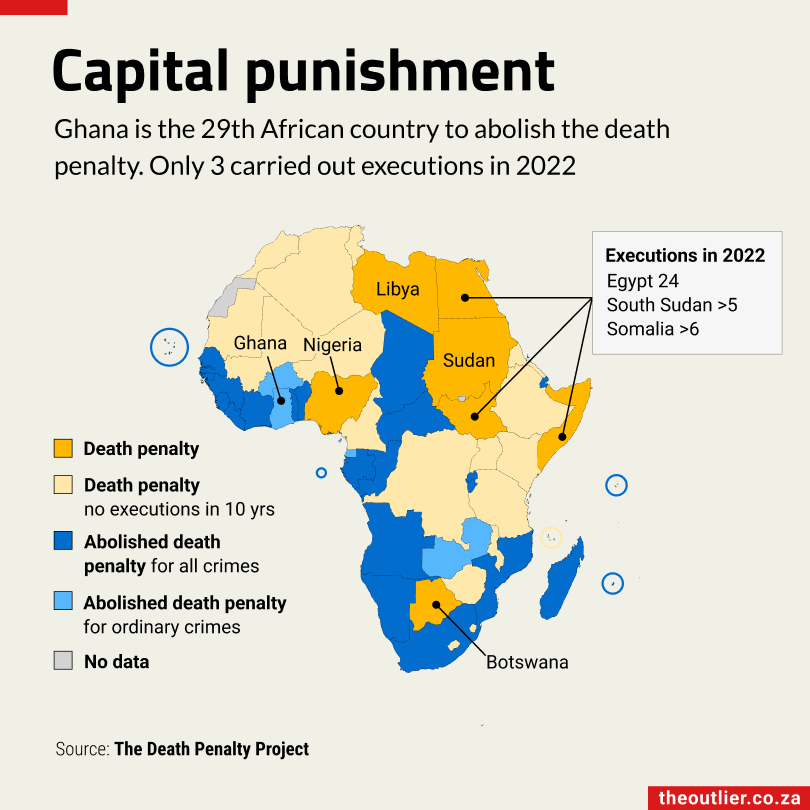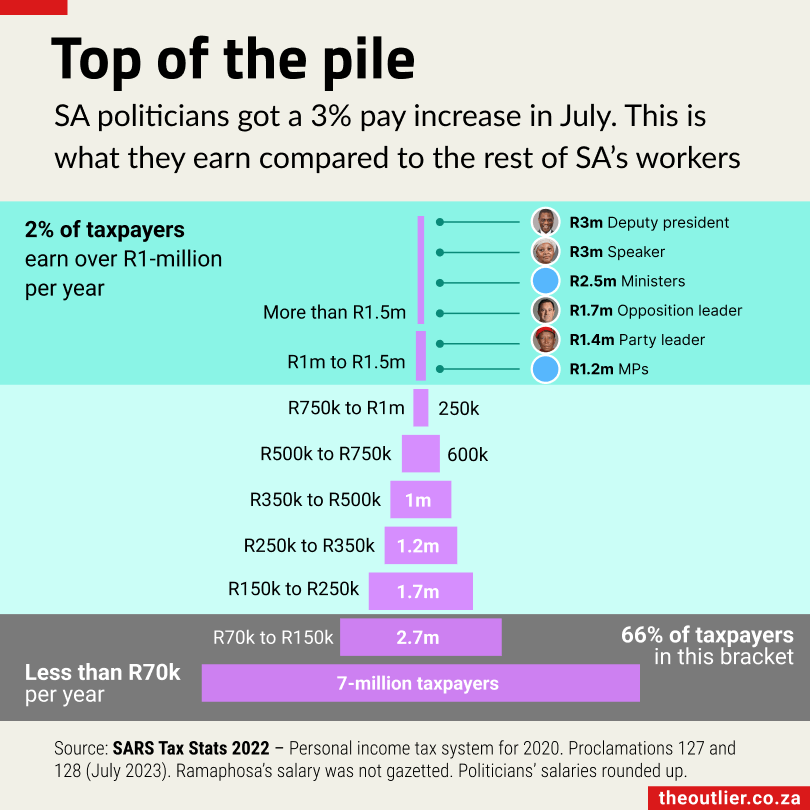Elections24: The funders behind SA’s political parties
One-third of the R437-million in party donations declared to the IEC was made by Durban-born billionaire Martin Moshal and members of the Oppenheimer family.
Photo: Canva
Who are the major funders of South Africa’s political parties and who are they funding? We take a look at the individuals and families who are putting a lot of money into, mostly, the official opposition DA or the new and emerging crop of political parties.
The most intriguing is the notoriously secretive Martin Moshal. Durban-born Moshal lives in Sydney and has made his fortune in gambling technology. He was also recently revealed as a shareholder in the UK’s Betway gambling group. Closer to home, he’s the biggest single donor to local political parties.
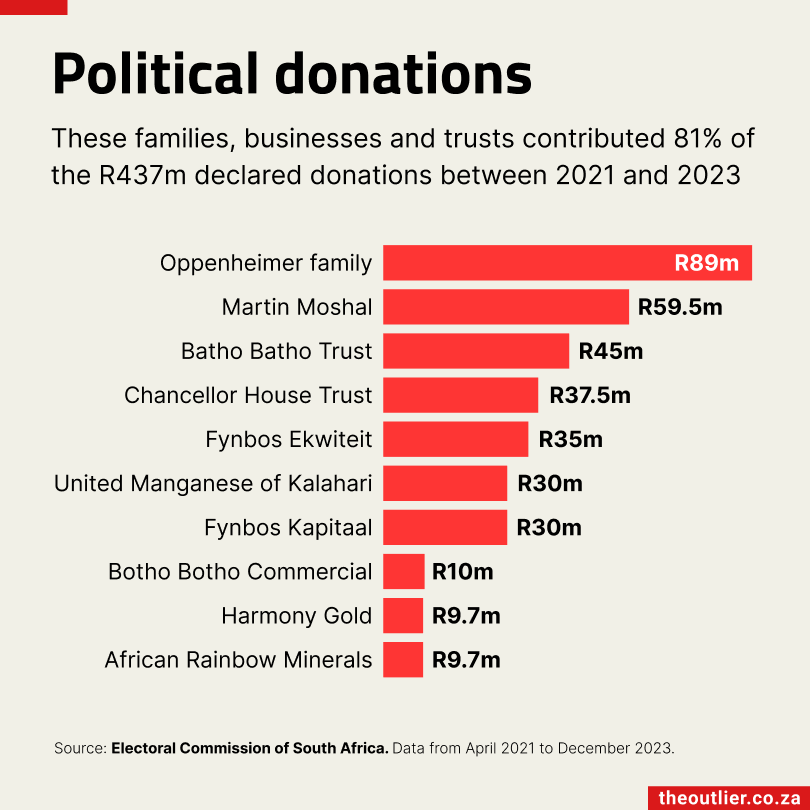

Moshal and the Oppenheimers, Africa’s third-richest family, donated R149-million to political parties between April 2021 and December 2023. That’s a third of the R437-million of funding declared to the Electoral Commission of South Africa (IEC).
The Democratic Alliance (DA) received 42% of the money donated by the Oppenheimers and Moshal. Four-year-old ActionSA received 41% of the donations, and Mmusi Maimane’s Build One SA received 7%. Rebecca Oppenheimer donated R15-million to Rise Mzansi, which is almost 90% of its declared funding.
Investment companies Fynbos Ekwiteit and Fynbos Kapitaal, which have Capitec founder Michiel le Roux as a director, contributed 15% to the total donations declared. All of their R65-million went to the DA, making up one-third of the party’s total funding.
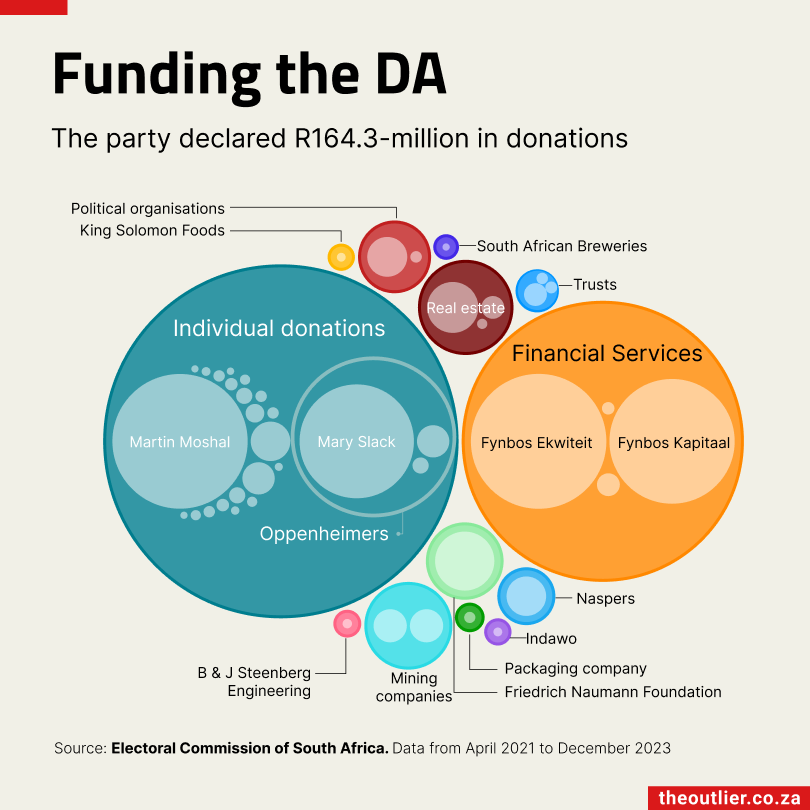
Almost half of the DA’s declared R164.3-million is from individual donors, with financial services companies contributing 41% (R66.7-million) to its declared donations.
Ruling party funders
The African National Congress (ANC) received more than half of its funding from established trusts such as Batho Batho and Chancellor House, and a quarter from mining companies.
Batho Batho and Chancellor House only donated to the ANC. The two trusts contributed R82.5-million (19%) to the total donations declared to the IEC.
With its contribution of R30-million, the United Manganese of Kalahari is one of the ANC’s largest funders. Half of the donation was labelled ‘in kind’, which is a donation in the form of goods, services or assets.
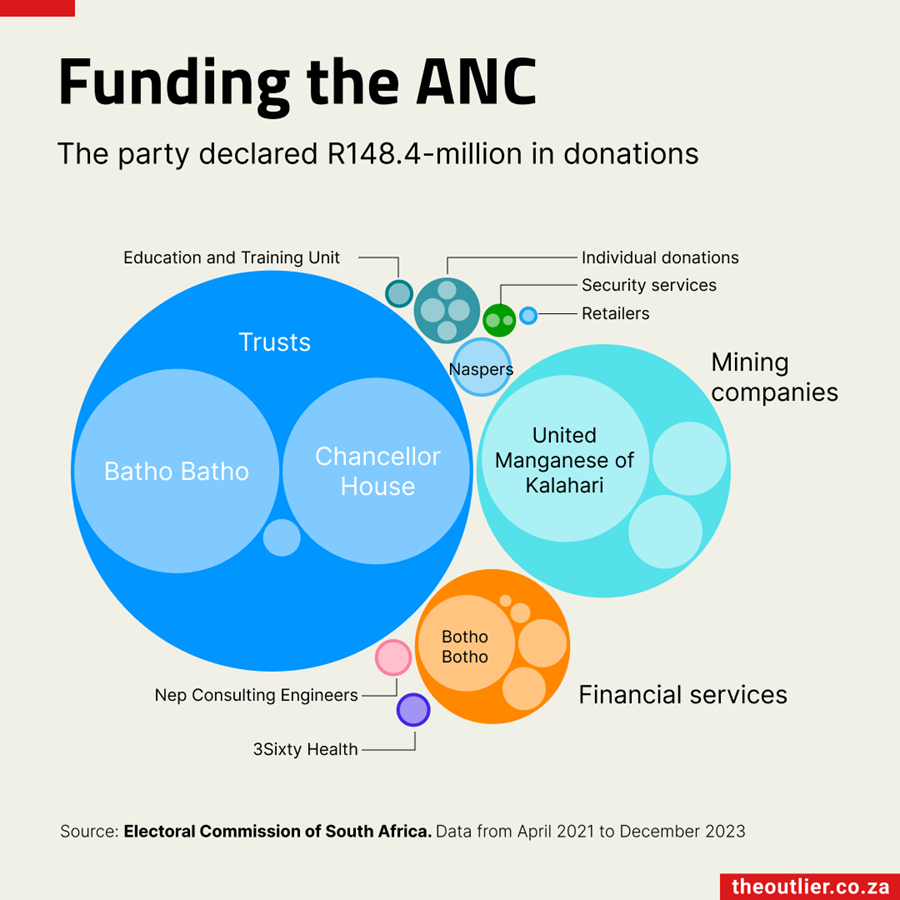
Botho Botho Commercial Enterprises, Harmony Gold and African Rainbow Minerals, which together donated R29.3-million, are all companies connected to billionaire Patrice Motsepe. Botho Botho’s R10-million donation went to the ANC.
African Rainbow Minerals and Harmony Gold’s donations were split between the ANC (R5.85-million from each company), the DA (R2.12-million from each), the EFF (R1.1-million from each), the IFP (R344,000 from each) and Freedom Front Plus (R242,000 from each).
Two-thirds of the declared funding of the Inkatha Freedom Party (IFP) and the Economic Freedom Fighters (EFF) were from mining companies Harmony Gold and African Rainbow Minerals.
In-kind donations
About 10% of total donations are categorised by the IEC as in-kind donations. The data doesn’t specify exactly what these in-kind donations are but there are a few interesting ones worth pondering:
- ActionSA lists R659,000 from beauty companies Black Like Me and Style Eyes of California.
- R559,958 from Kairos Communications to Rise Mzansi
- EFF lists a R202,600 donation in kind from Car Junction
- The Taipei Liaison Office in Cape Town donated R131,000 to the Freedom Front Plus
All political parties are legally obliged to declare any donation above R100,000 to the IEC. The R100,000 is cumulative, so multiple donations from the same entity must be added together and declared when the total value reaches R100,000.
Figures in this newsletter are based on amounts declared by parties to the IEC. Only 9 months of data is available for 2021.
Notebook
- Keep track by following the political party donations dashboard on Outlier Insights

